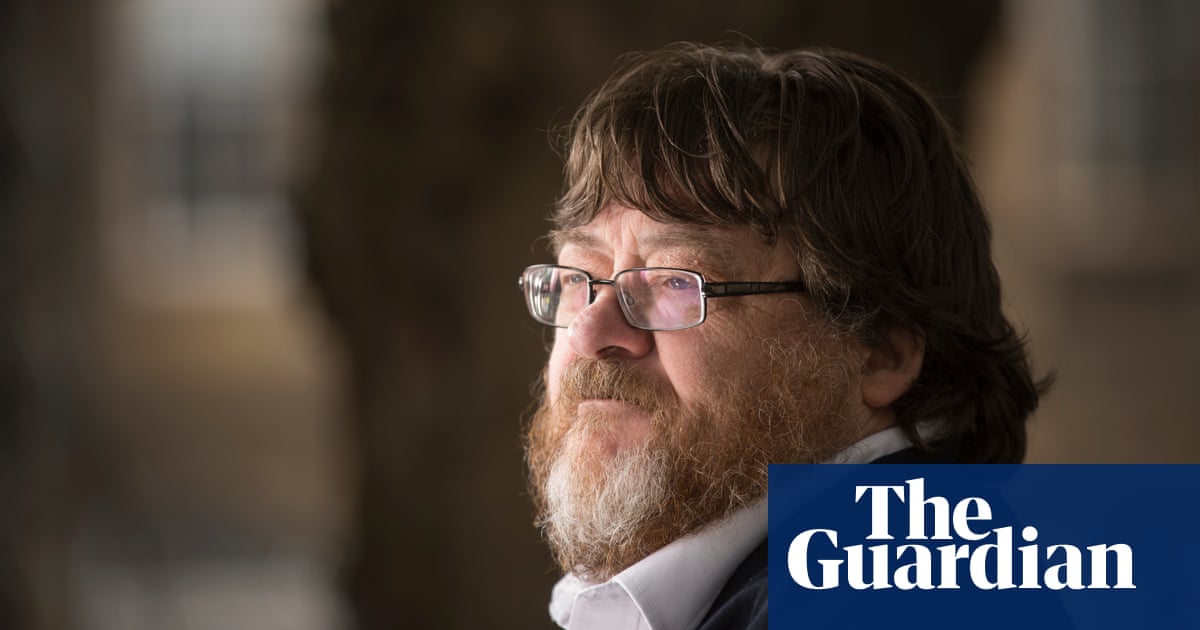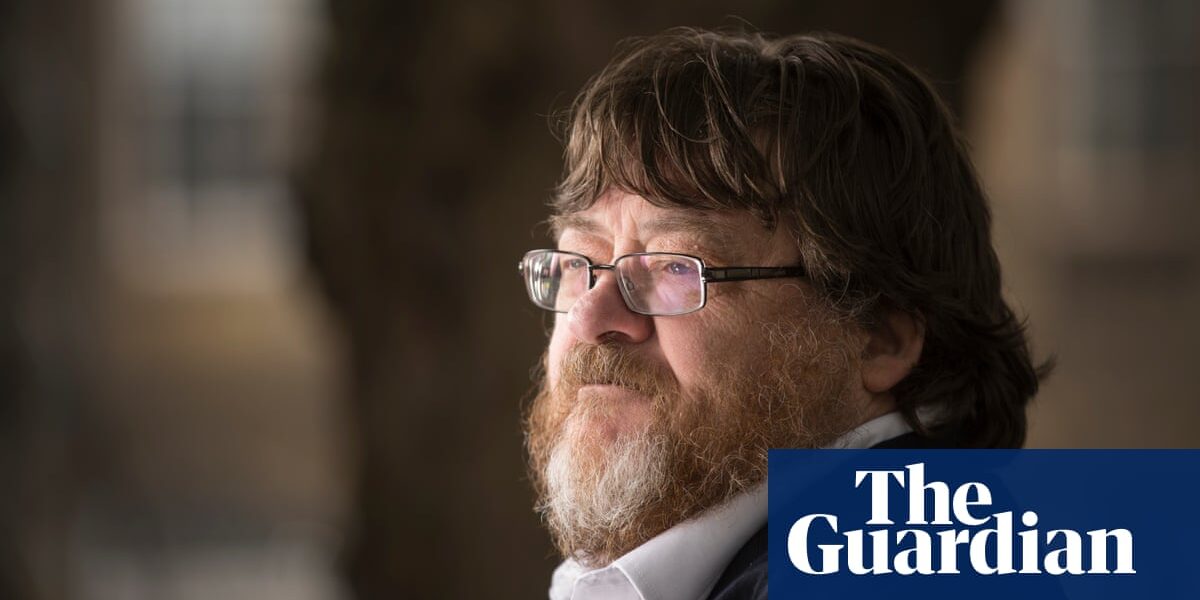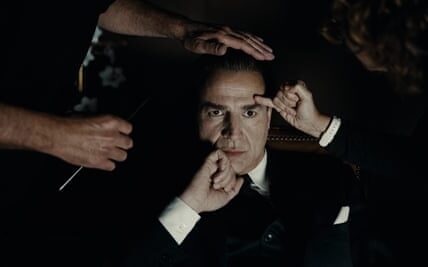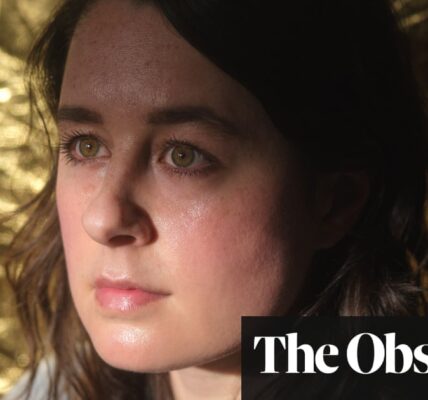
John Burnside, author of Black Cat Bone and The Asylum Dance, has died aged 69 after a short illness. He died on 29 May, his publisher has confirmed.
Though mainly known for his poetry, the Scottish writer wrote in many forms, including fiction and memoir, across a career that spanned more than three decades. In 2011 he won the TS Eliot prize and the Forward prize for his poetry collection Black Cat Bone, making him one of only three poets to have won both of the UK’s most prestigious poetry prizes for the same book (the others being Ted Hughes and Sean O’Brien). Last year, he won the David Cohen prize, which is given in recognition of an author’s entire body of work.
Burnside “has been writing every imaginable kind of book – and some unimaginable kinds – for at least 35 years”, said prize judging chair, the biographer Hermione Lee, at the time. “He casts a spell with language of great beauty, power, lyricism and truthfulness,” she added. “There is much sorrow, pain, terror and violence lurking in his work: he is a strong and powerful writer about the dark places of the human mind – but he’s also funny and deeply humane.”
Born in Dunfermline in 1955, Burnside’s early life was spent in Cowdenbeath and then Corby, Northamptonshire. After studying English and European literature at Cambridge College of Arts and Technology, he spent a number of years as an analyst and software engineer in the computer industry, before becoming a full-time writer.
He published his first poetry collection The Hoop in 1988, beginning a working relationship with editor Robin Robertson, with whom he continued to work with right up to the publication of Burnside’s most recent collection, Ruin, Blossom, in 2024.
Robertson, poetry publisher of Penguin Random House imprint Jonathan Cape, said it was “one of the privileges of [his] life” to work with Burnside. “Flawed but fearless, fabulously gifted, he was a truly great writer.”
Burnside’s work ranged from the lyrical to the deeply personal; his memoirs A Lie About My Father and Waking Up in Toytown told of his experience of being the son of an abusive, alcoholic father. Burnside himself struggled with addiction to drugs and alcohol, “and for a while, I got into gambling,” he told the Telegraph last year, “which was more dangerous than booze or drugs. I have an addictive personality – more recently, I couldn’t stop doing sudokus.”
Having been a writer-in-residence at the University of Dundee, Burnside later became a professor at the University of St Andrews. His various lives as a poet, author and academic came together in his 2019 history of 20th-century poetry, The Music of Time. The poet and critic Bernard O’Donoghue referred to Burnside’s body of work as “a poetic corpus of the first significance.”
Tweeting in response to the news of Burnside’s death, director of the National Poetry Centre Nick Barley described the poet as “sometimes wayward, always an inspiration. What a huge loss to the world.”
after newsletter promotion
In a Guardian article about his writing process, Burnside wrote: “A good writing day is a day with the fewest interruptions, mixed with a sense of gratitude, just for being able to put pen to paper.”
Burnside is survived by his wife, Sarah, sons Lucas and Gil, and grandson Apollo.
Source: theguardian.com



